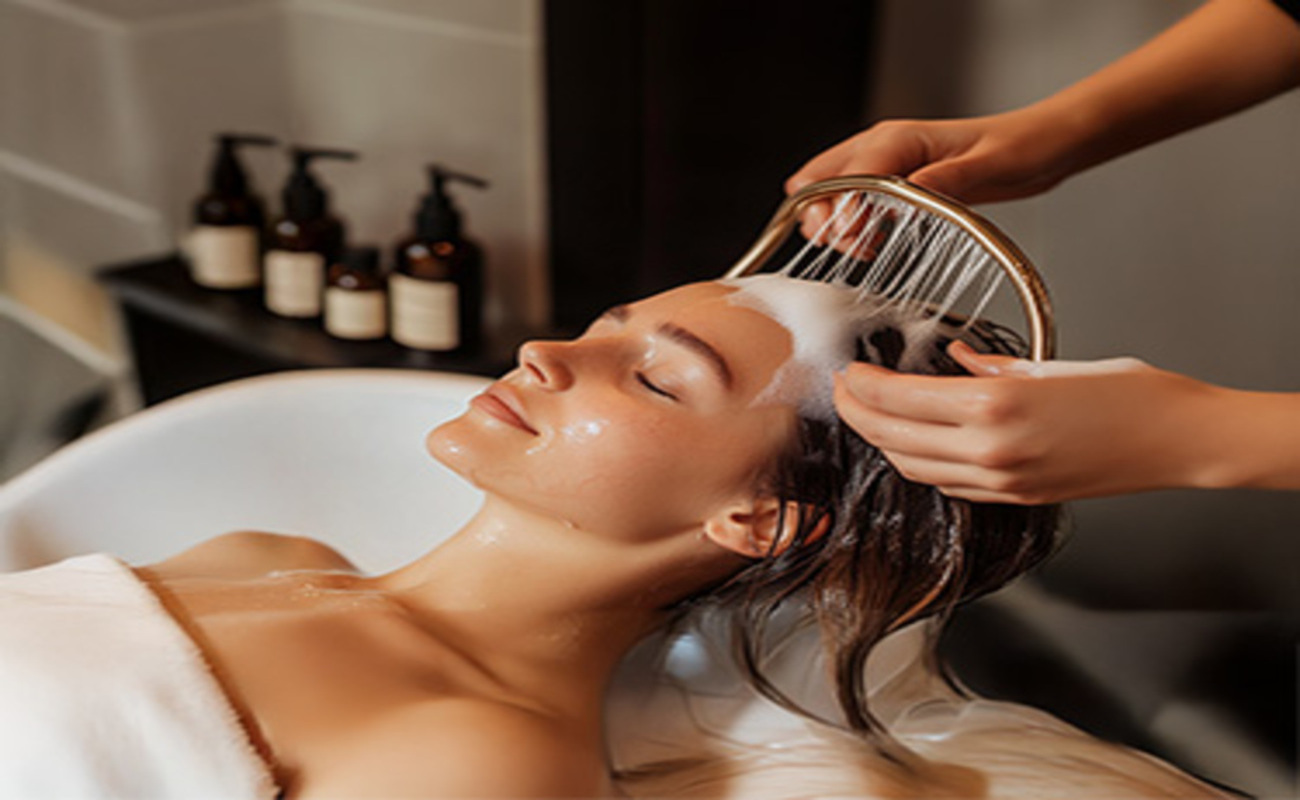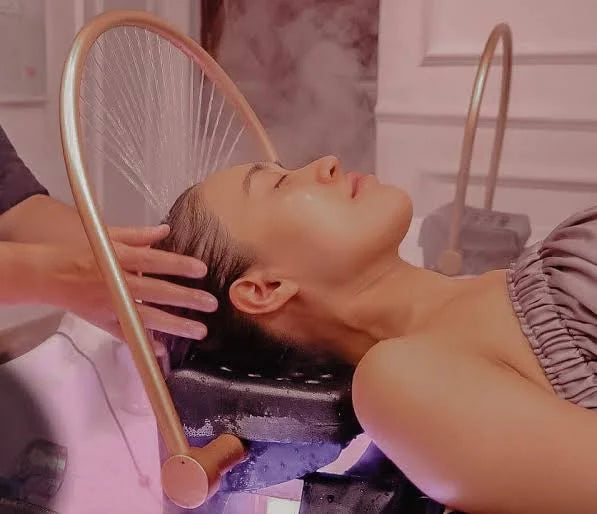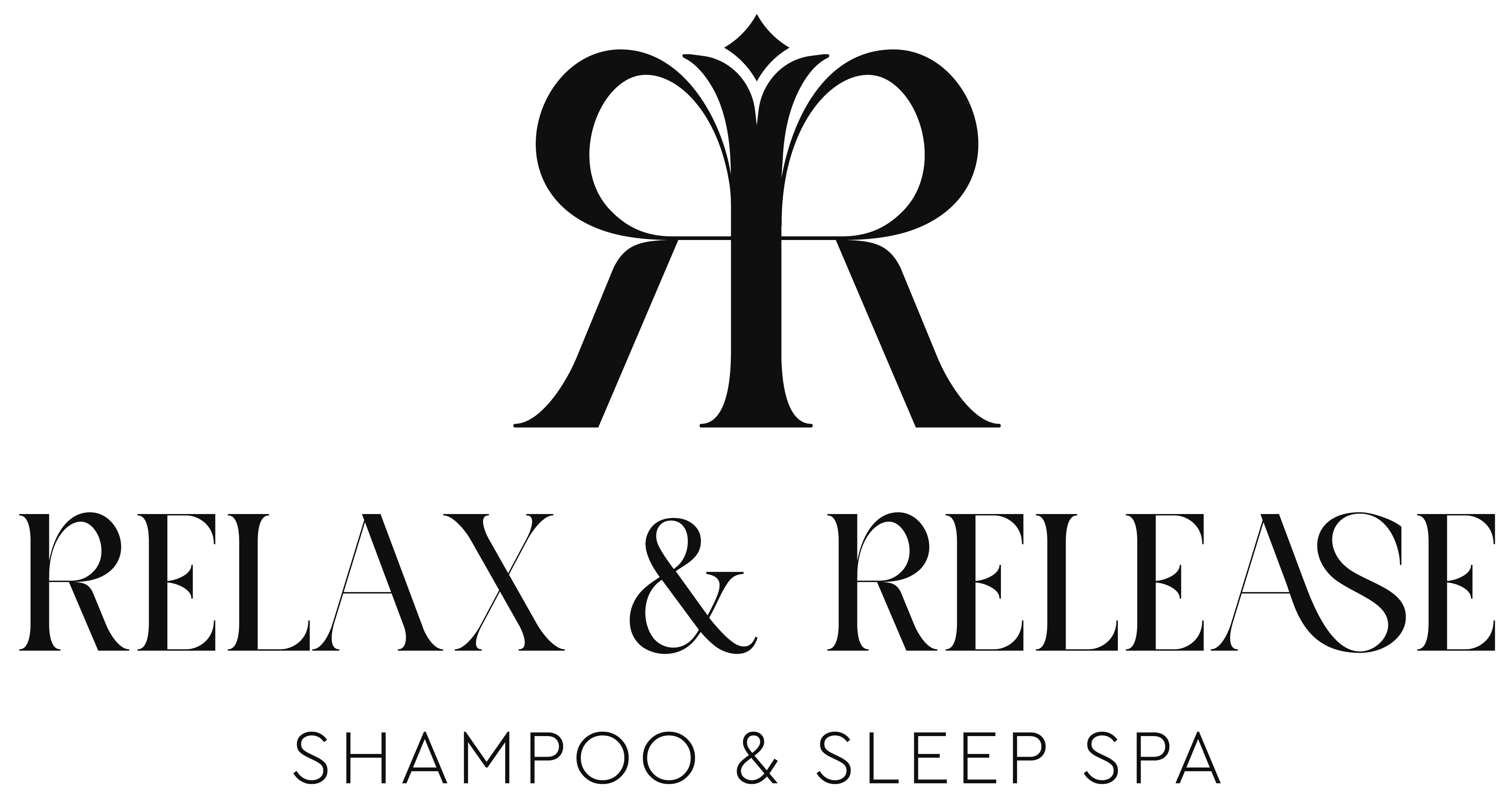
Why Head Spa Has Become Crucial to Keep Stress and Depression at Bay?
In today’s constantly buzzing world, where everyone is chasing deadlines, scrolling through social media, and barely catching their breath, one ancient remedy has found a new, modern stage: the head spa. No longer just a luxurious indulgence reserved for high-end salons, this treatment is now becoming an essential ritual for emotional wellness, particularly in the fight against stress and depression.
But how did this gentle, water-and-oil-based treatment become a mental health essential? And why are so many people swearing by its calming powers?
Let’s take a creative journey into the soothing world of head spa therapy and discover why it’s so much more than a scalp massage, it’s self-care for the soul.
The Modern Mind Is Exhausted
Let’s face it, our brains are overwhelmed. We’re bombarded by information, pushed to be productive around the clock, and expected to stay emotionally stable through it all. Over time, the stress accumulates. We carry it on our shoulders, necks, and in our scalps. Yes, your scalp holds stress, too. It tenses, it tightens, and it forgets how to relax. That’s where a head spa comes in, not just to loosen the physical knots but to soften the emotional ones as well.
This treatment is like a reset button. With every rhythmic movement, with every drop of essential oil, something magical happens, not just to your scalp, but to your mind.
Understanding The Concept
Imagine this.

Science backs what spa lovers already know: human touch, when applied gently and mindfully, has the power to reduce stress hormones and boost the feel-good ones like serotonin and dopamine.
In many cultures, the head has always been considered sacred. In Ayurveda, the head is believed to hold the body’s most powerful energy points. In traditional Chinese medicine, head massages are used to clear blockages and rebalance the body’s qi. In Japanese wellness culture, where this spa treatment has roots, the practice is about reconnecting the body and soul through pressure points on the scalp. No matter the tradition, the message is clear: when the head is cared for, the mind follows.
For those struggling with depression, where thoughts often spiral and anxiety seems impossible to untangle, the physical grounding of a head massage can bring surprising relief. It’s not a cure, but it can be a powerful companion in a holistic mental wellness routine.

